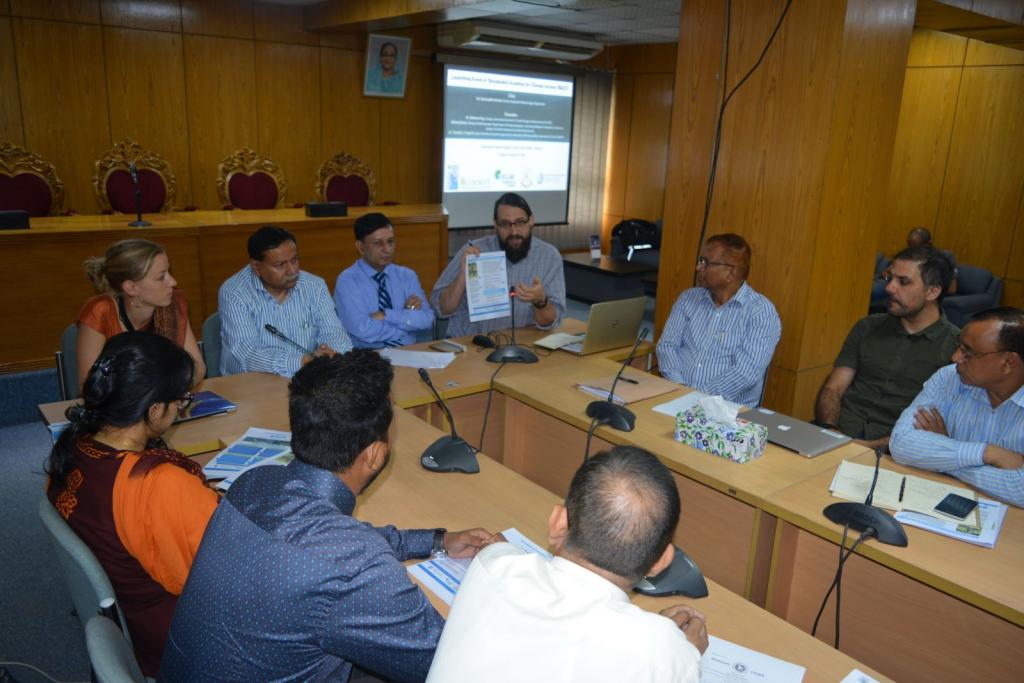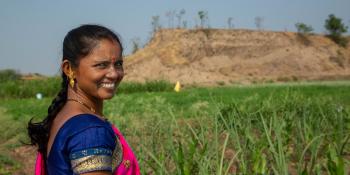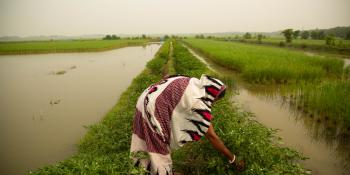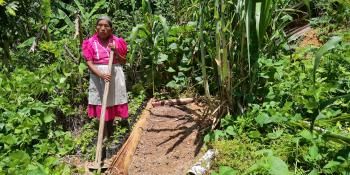Expanding horizons: The Bangladesh Academy for Climate Services
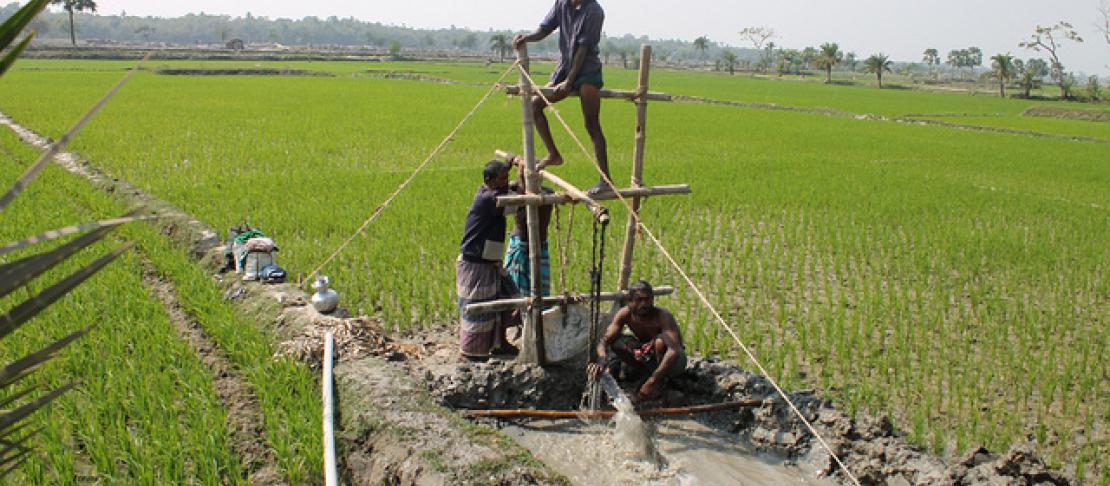
A first of its kind in Bangladesh, an academy was launched with the aim to embed climate thinking in decision-making processes and close the gap between climate information providers and end users.
In Bangladesh and many other countries, there is a disconnect between climate science and its use. Decision makers—ranging from policy makers, development planners, disaster response specialists, farmers and many others—could, however, benefit from increased access to relevant climate information. This creates a need for a platform that connects the users and producers of information, enabling them to communicate their findings and needs to each other, so that they can make informed decisions using climate services.
To ensure that actionable climate services information is delivered to decision makers, the Bangladesh Academy for Climate Services (BACS) was launched on the 5th of August, 2018 in the Bangladesh Meteorological Department (BMD).
Supported by the Adapting Agriculture to Climate Today, for Tomorrow (ACToday) project, part of Columbia World Projects, the academy was jointly founded by the International Center for Climate Change and Development (ICCCAD), the International Research Institute for Climate and Society (IRI) at Columbia University, BMD, and the International Maize and Wheat Improvement Center (CIMMYT).
Dr. Saleemul Haque, Director of ICCCAD, was present and explained that BACS was started after realizing that there was a gap between the climate information disseminators and users.
"There is a difference between creating information, making it available, and using it," said Melody Braun, Research Staff Associate at IRI. Shamsuddin Ahmed, Director of BMD, added, "Launching BACS is a significant step for a country like Bangladesh, which is highly vulnerable to climate change".
BACS has been created to open trans-sectoral and multi-stakeholder dialogue on climate services to identify existing initiatives, challenges and opportunities. The academy also aims to design tailored certification courses for students and early- to mid-level professionals to help address identified needs, and strives to create graduate-level curricula to train a new generation of weather, climate and sector experts with the skills needed to face the uncertainty of the coming decades.
Dr. Timothy J. Krupnik (CIMMYT) spoke at the event, alongside Ms. Melody Braun (IRI) and Mr. Shamsuddin Ahmed (BMD).
Speaking at the event, Dr. Timothy J. Krupnik, Senior Scientist and Systems Agronomist at CIMMYT, said, "This academy is vital for bringing climate information to the public and is open for partners who are working in this area. Our job is to help the improvement of the use of climate services in Bangladesh."
The courses offered by the institution are intended for early- to mid-level professionals and students who are working in fields related to agriculture and food systems, disaster preparedness and response, public health and other fields, and who want to actively engage in defining needs for developing climate services for their sectors in Bangladesh.
With an assemblage of over sixty participants, including government officials, NGO activists, and climate services enthusiasts, the launch ceremony concluded with discussions on issues related to climate change, adaptability and future courses of the BACS.
Read More:
- Project page: Climate Services for Resilient Development (CSRD) in South Asia
- Project page: Adapting Agriculture to Climate Today, for Tomorrow (ACToday)
- News: Bangladesh Academy for Climate Services launched
M. Shahidul Haque Khan is a Communications Officer at CIMMYT in Bangladesh.

